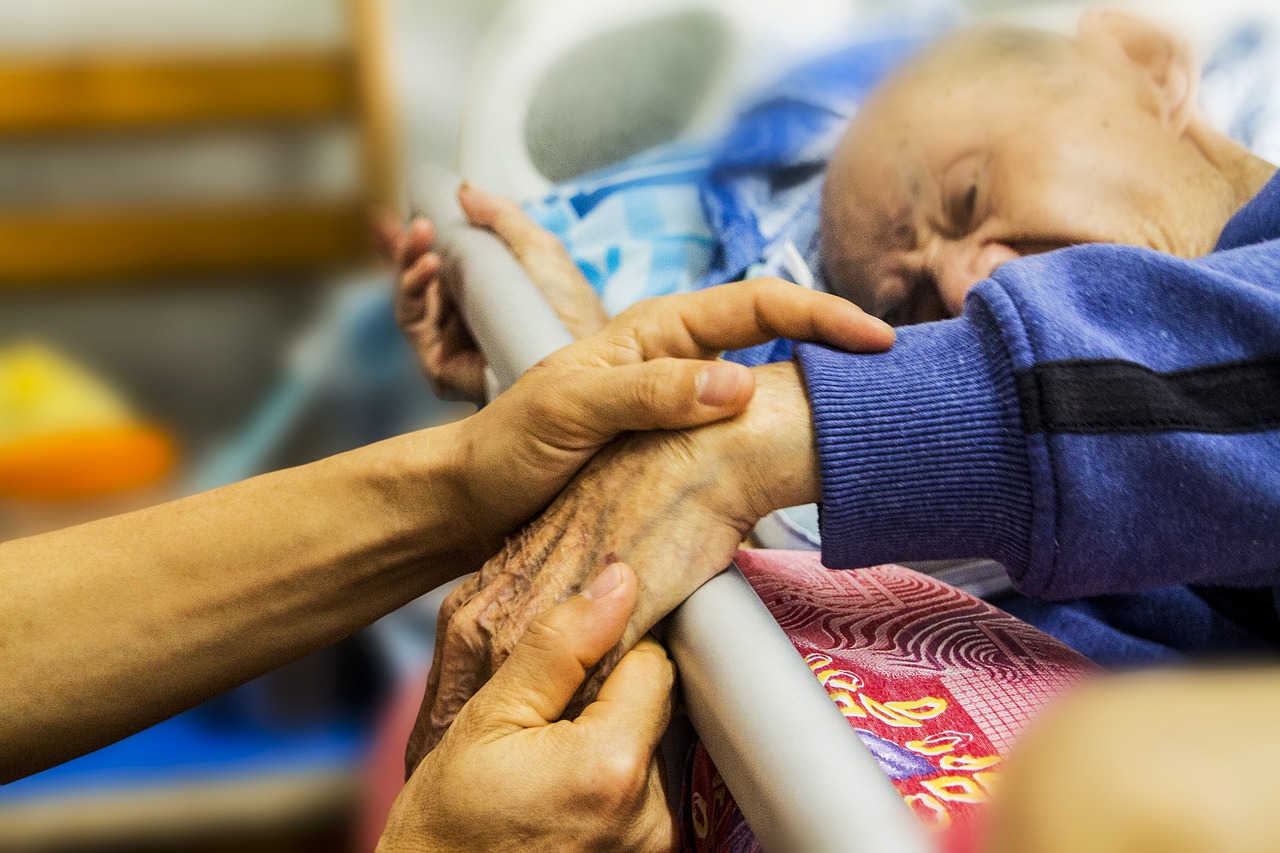Body Donation After Death: What You Need To Know
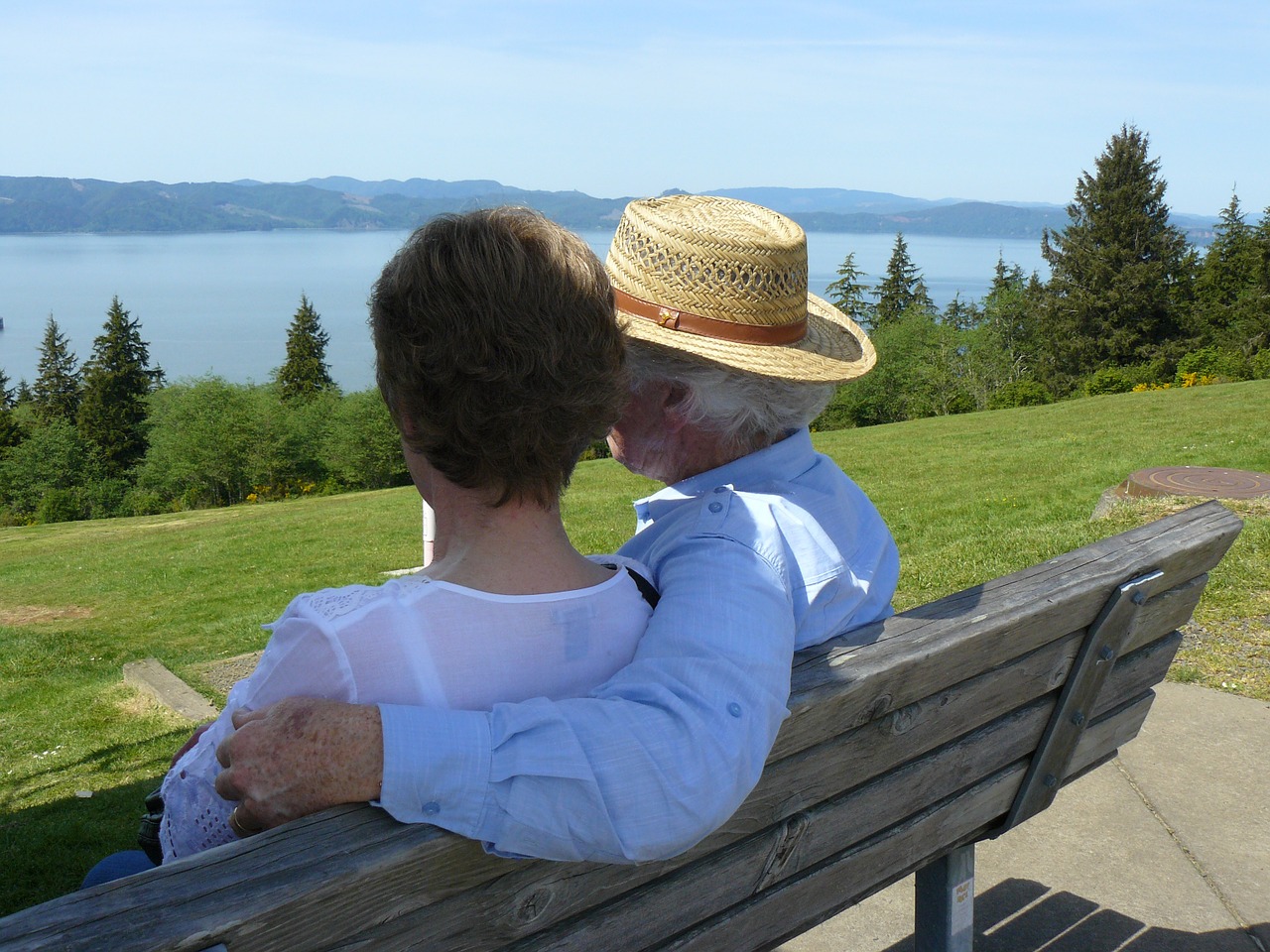
Organ donation has become a well-known practice, and many families find it comforting to know that their loved one’s organs are helping another person live. Body donation after death is less frequently discussed, but the benefits to the scientific and medical research community can be just as substantial.
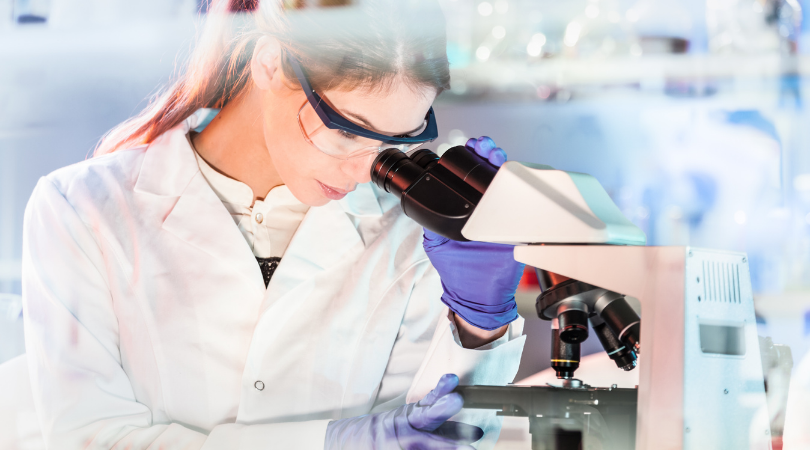
Why donate your body after death?
Body donation after death gives the donor and their family the chance to benefit others by contributing to life-saving research and education. Many medical breakthroughs have occurred thanks to individuals who allowed their bodies to be used for research after death.
In addition, body donation after hospice can eliminate the costs associated with a traditional burial. When a body is donated to science, most organizations will offer the option of having cremated remains returned to the family at no cost.
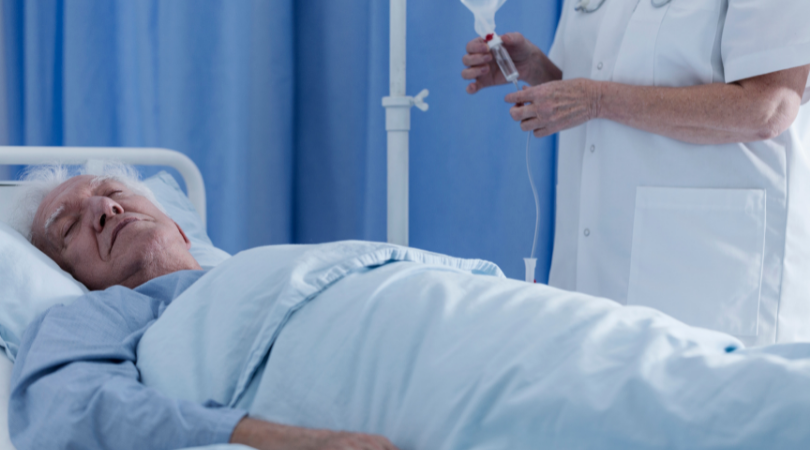
Who can donate their body after death?
Almost anyone can become a whole body donor. There is no upper age limit. Even those who are very ill can be eligible as researchers often need donors who have a specific disease or medical condition.
While it is not necessary to register in advance to become a body donor, it can be useful to connect with an organization in advance to ensure there is no confusion about the individual’s wishes and that arrangements are made quickly after the individual passes.
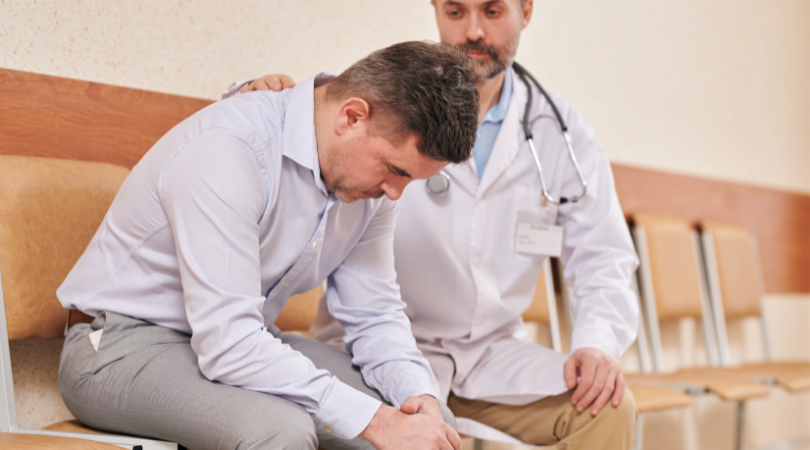
How does the body donation process work?
To arrange for body donation, hospice social workers can help contact a company like Science Care, Medcure, or United Tissue Network to determine eligibility shortly before or soon after death.
At the time of death, a representative will work with the next of kin to complete any authorization forms and provide transportation at no cost to the donor or their family.
Once the body is received, the organs and tissue will be recovered and provided to medical scientists for research purposes. Through this practice, they are able to learn more about how the body works as they develop new treatments and medical practices.
A family can arrange for cremated remains to be returned to them. This service is typically provided at no cost to the family and can take anywhere from 3 to 12 weeks.
At Crossroads Hospice & Palliative Care, a social worker can assist patients and their families with making arrangements for body donation after death.
Recommended Reading:
The Funeral Rule: 10 Guaranteed Rights of the Bereaved
Cremation: What You Need to Know
After Death: What Happens Next?
If you found this information helpful, please share it with your network and community.
Copyright © 2017 Crossroads Hospice & Palliative Care. All rights reserved.


